Navigating the Challenges of Achieving a Net Zero Economy by 2050
- July 10, 2023
- 1,568 views
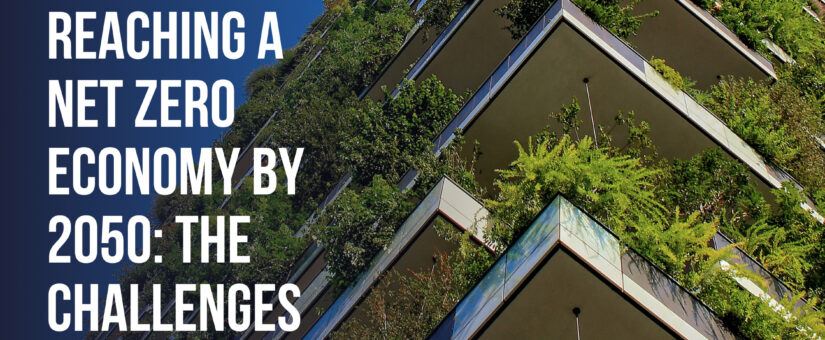
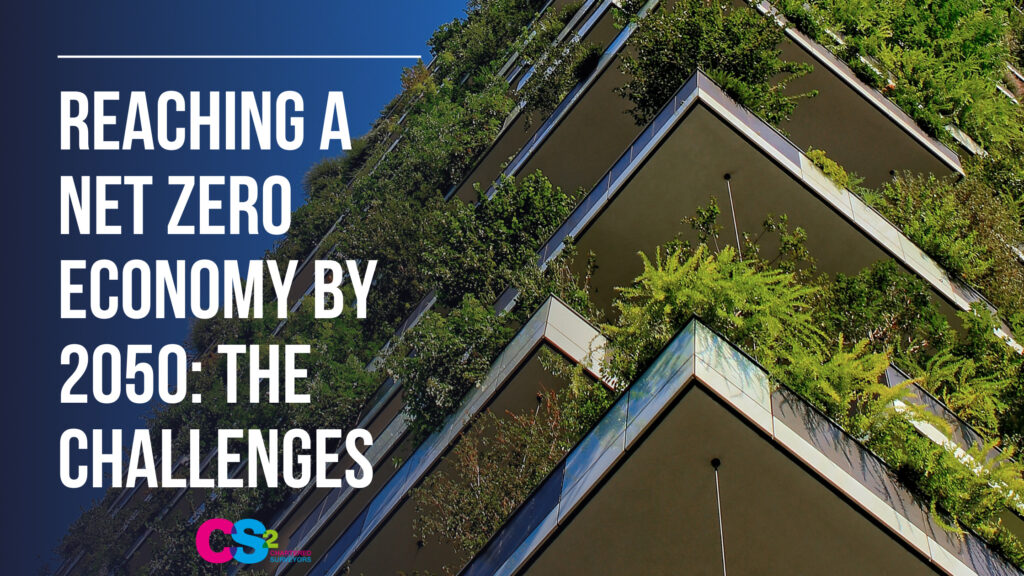
As the world grapples with the urgent need to combat climate change, the concept of a net zero economy has gained significant traction. The goal of achieving net zero emissions by 2050 is ambitious and crucial for a sustainable future. However, this transition is not without its challenges. We explore some of the key hurdles that lie ahead, including technological limitations, consumer behaviour, planning and uncertainty, and the costs associated with decarbonisation.
What did you think?
We asked what you thought were the biggest challenges that companies are facing when trying to achieve a net zero economy⬇️
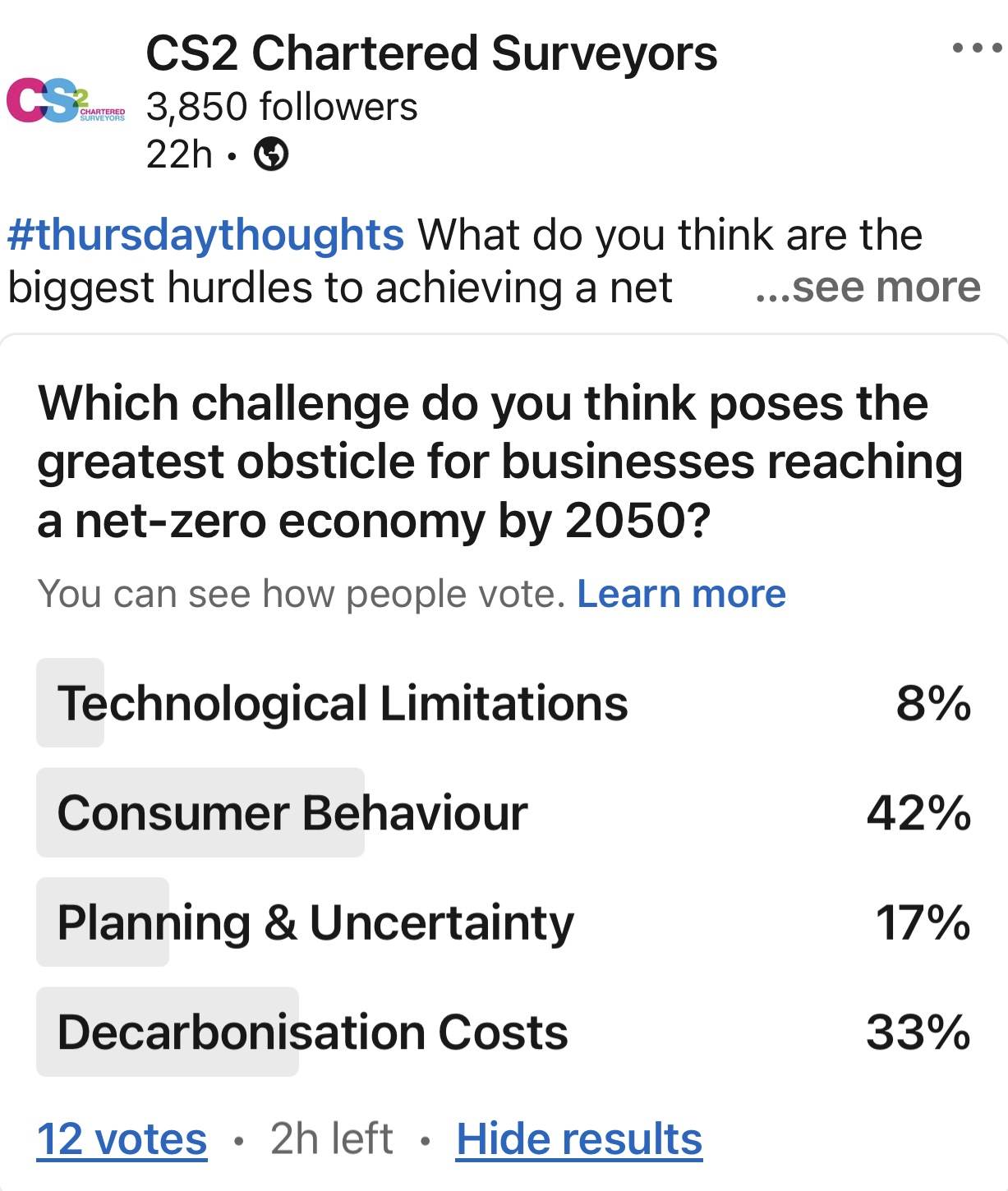
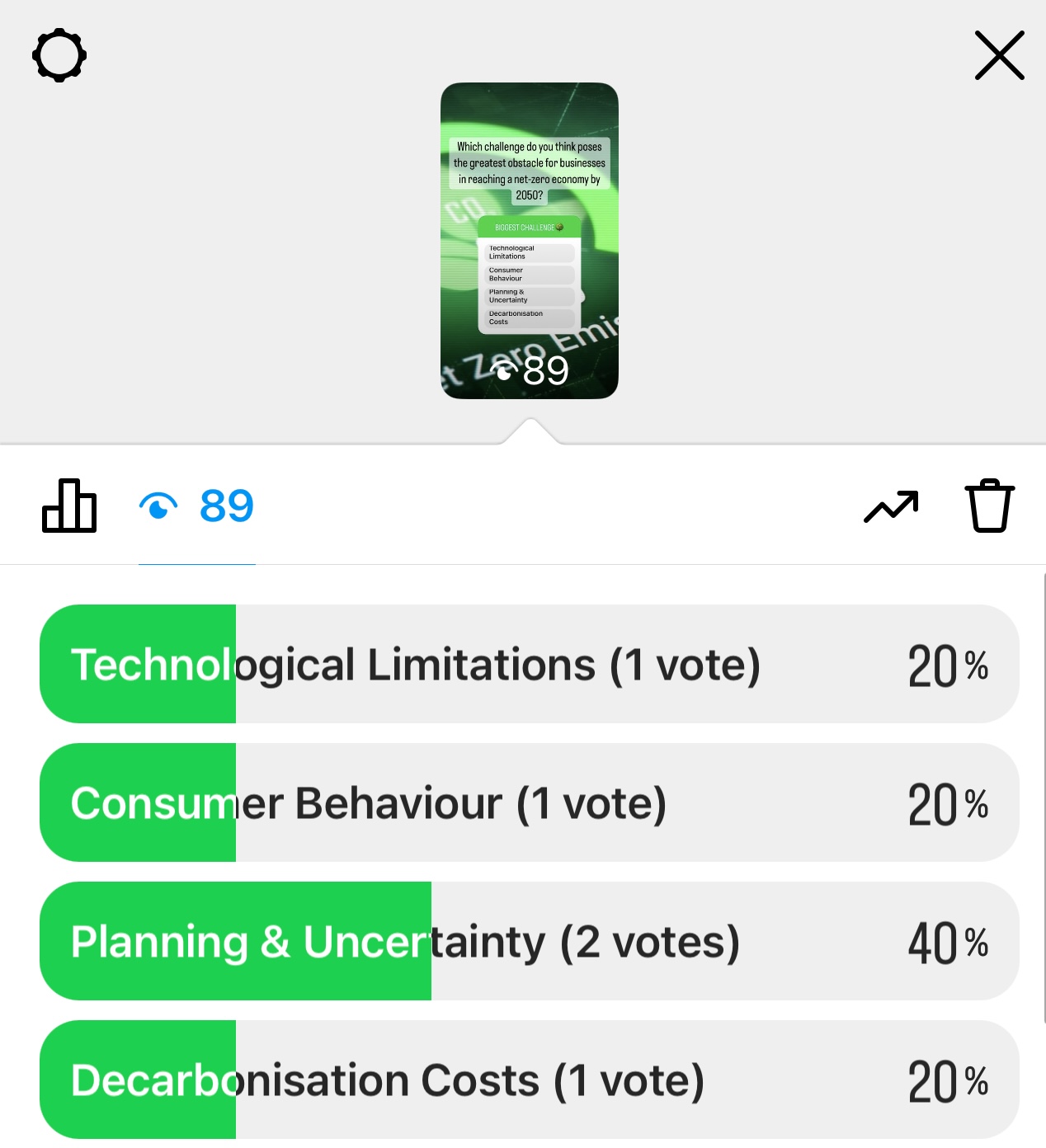
Planning and uncertainty and consumer behaviour seemed to be the biggest concerns, with decarbonisation costs closely following. Although the attitude towards reaching net zero is optimistic, the operational plans are not yet in place and this poses challenges for both small and larger multi million pound businesses.
The Challenges of Net Zero
Technological Limitations
One of the primary challenges in achieving a net zero economy is overcoming technological limitations. While there have been significant advancements in renewable energy technologies, they still face obstacles that hinder widespread adoption. For example, renewable energy sources like solar and wind are intermittent, relying on weather conditions, and energy storage solutions are yet to reach optimal efficiency. Developing and implementing breakthrough technologies will be essential to address these limitations and ensure a reliable and consistent energy supply.
Consumer Behaviour
Another crucial aspect of transitioning to a net zero economy is shifting consumer behaviour. Encouraging individuals and businesses to embrace sustainable practices and reduce their carbon footprint poses a significant challenge. It requires a comprehensive approach involving education, incentives, and behavioural nudges. Furthermore, consumer demand for certain products and services, such as those with high carbon emissions, may complicate the transition. Overcoming resistance to change and fostering a mindset of environmental responsibility will be vital in achieving a net zero future.
Planning and Uncertainty
The transition to a net zero economy requires meticulous planning and long-term strategies. Governments, businesses, and communities must work together to develop comprehensive roadmaps and policies that facilitate the necessary changes. However, uncertainty looms over various aspects, such as policy frameworks, technological advancements, and geopolitical influences. Striking a balance between long-term planning and the need for flexibility to adapt to unforeseen circumstances is crucial. Moreover, coordinating efforts on a global scale is essential, as the impacts of climate change are not confined to national boundaries.
Decarbonisation Costs
Decarbonising our economy comes with a significant price tag. Investments in renewable energy infrastructure, research and development, and the retrofitting of existing systems require substantial financial resources. Furthermore, the cost of transitioning entire industries, such as transportation and manufacturing, towards low-carbon alternatives can be substantial. Balancing these costs while ensuring equitable distribution and addressing social and economic disparities will be a complex challenge. Governments, businesses, and financial institutions must collaborate to provide adequate funding mechanisms and incentivise investment in sustainable technologies.
The path to a net zero economy by 2050 is fraught with challenges and the above are just to name a few. Overcoming these hurdles will require a concerted global effort, with governments, businesses, and individuals all playing crucial roles. Collaboration, innovation, and policy interventions are key to addressing these challenges and achieving a sustainable and prosperous future. While the journey may be daunting, the imperative to combat climate change and protect our planet demands nothing less than our utmost commitment and determination.
So what can I do?
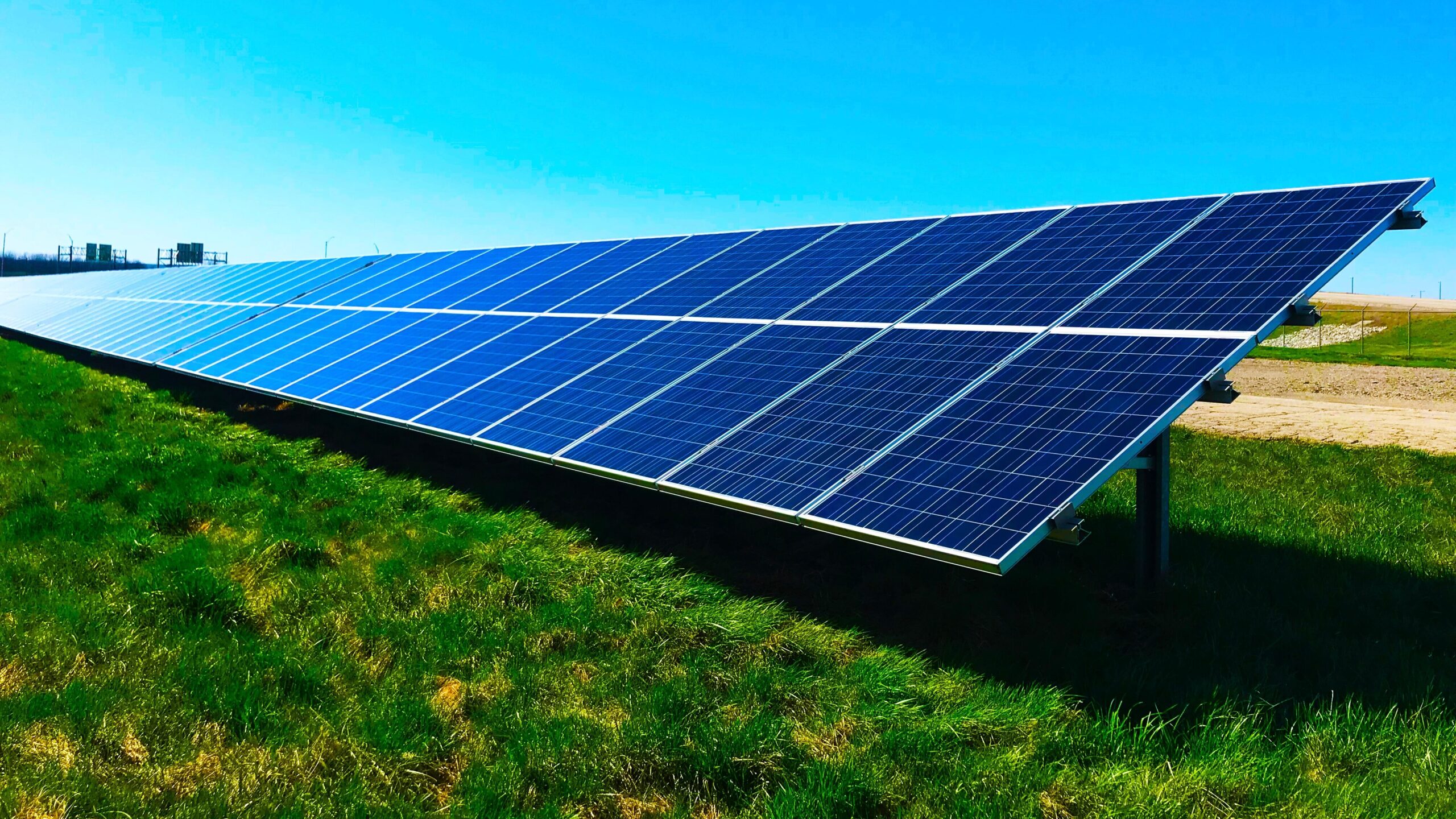
The idea of reaching a net zero economy by 2050 may seem daunting, but there are a few steps that your business can adopt to start making a change towards a more sustainable future.
- Set clear sustainability goals: Establish measurable targets to reduce your emissions.
- Make energy efficient improvements: Conduct energy audits, upgrade equipment and implement energy-efficient processes.
- Renewable energy adoption: Invest in and procure renewable energy sources such as solar or wind.
- Sustainable supply chain management: Collaborate with suppliers to promote more sustainable practices, source materials responsibly.
- Carbon offsetting: Invest in verified carbon offset projects to compensate for unavoidable emissions by supporting initiatives like reforestation or renewable energy projects.
- Electrification of transportation: Can you offer any schemes or incentives?
- Circular economy practices: Design and operate with a focus on durability and recyclability.
- Sustainable building design: Incorporate sustainable design principles into new construction or renovation projects.
- Employee engagement and education: Foster a culture of sustainability by educating and engaging employees in sustainable practices, encouraging behaviour change.
- Collaboration and advocacy: Engage with industry peers, stakeholders, and policymakers to advocate for supportive policies, share best practices, and collaborate on research and development for innovative sustainability solutions.
At CS2, we incorporate sustainable practices in and around the organisation from energy efficient lighting in our offices, to working with businesses such as CollectEco to redistribute furniture which is then recycled to others. We aim to find the most sustainable and cost effective solutions for our clients, helping them to achieve higher EPC ratings and reduce their carbon footprint.
To find out more about how CS2 can help you adopt sustainable building designs, contact us here📩


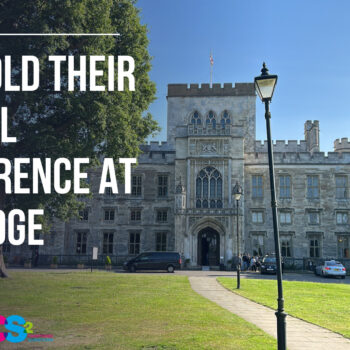

0 Comments